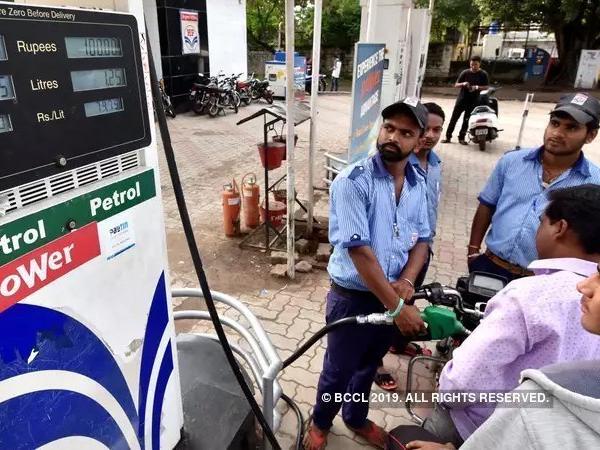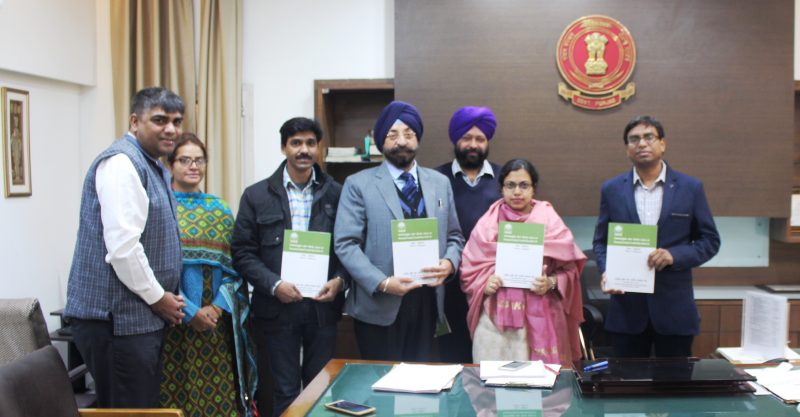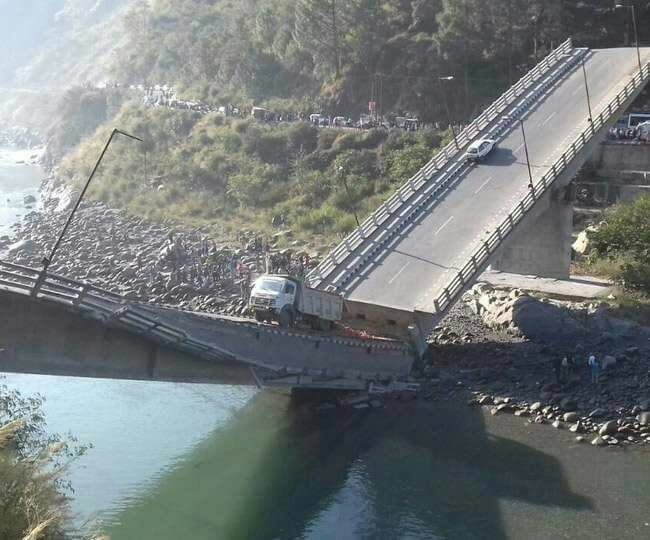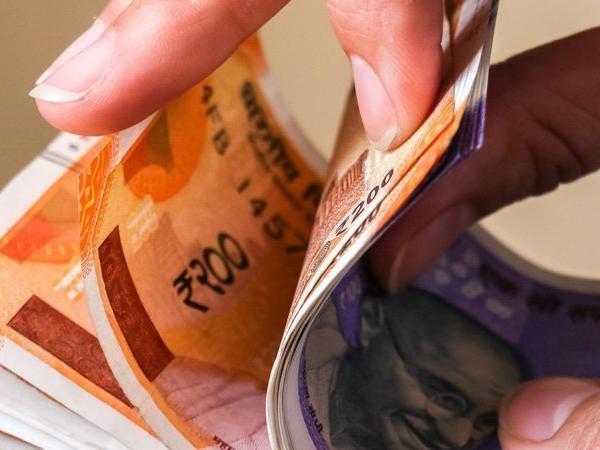State-run oil marketing companies on Saturday (July 27) lowered the retail prices of petrol while diesel prices remain stable across four metropolitan cities in the country. In Delhi, petrol prices dropped to Rs 73.24 a litre as against Rs 73.35 per litre on Friday while diesel is retailing at Rs 66.18 a litre, no change in price compared with yesterday’s price, as per the data from Indian Oil Corporation website.
The pump price of petrol and diesel in the national capital, Delhi, are the cheapest among all metros owing to lower taxes. On Friday, the petrol prices fell by 2-7 paise for the second successive day while diesel prices remain stable across the country.
In Chennai, citizens have to shell out Rs 76.06 for a litre of petrol after a 5 paise decrease over Friday’s rate. Diesel prices were stagnant from yesterday’s level at Rs 69.90 per litre. Similarly, in Mumbai, the retail prices of petrol and diesel are Rs 78.85 a litre (5 paise less) and Rs 69.36 (unchanged) per litre, respectively.
In Kolkata, petrol became 2 paise cheaper today and is selling at Rs 75.81 per litre. There is no change in diesel price against Friday’s rate. Earlier this month, Finance Minister Nirmala Sitharaman in her maiden Union Budget speech 2019, had proposed to increase additional special excise duty of Re 1 per litre and road and infrastructure cess of Re 1 per litre on both petrol and diesel. “Crude prices have softened from their highs. This gives me a room to review excise duty and cess on petrol,” said Sitharaman.
In Gurugram, petrol price was slashed by 4 paise from Rs 73.09 to Rs 73.05 a litre on Saturday while the diesel price was stable at Rs 65.41 per litre. In Noida, the petrol price fell by 4 paise to Rs 72.50 a litre as against Rs 72.54 a litre while diesel prices were static from Friday’s level of Rs 65.29 a litre.
The retail fuel price in India is dependent on the global crude prices and the rupee-US dollar exchange rate as the country imports around 80 per cent of its crude requirements.
Meanwhile, Goldman Sachs last week cut down its 2019 oil demand projection, joining other forecasters such as the International Energy Agency (IEA) and Opec in slashing its outlook for fuel use.
SOURCE-ET NOW

















